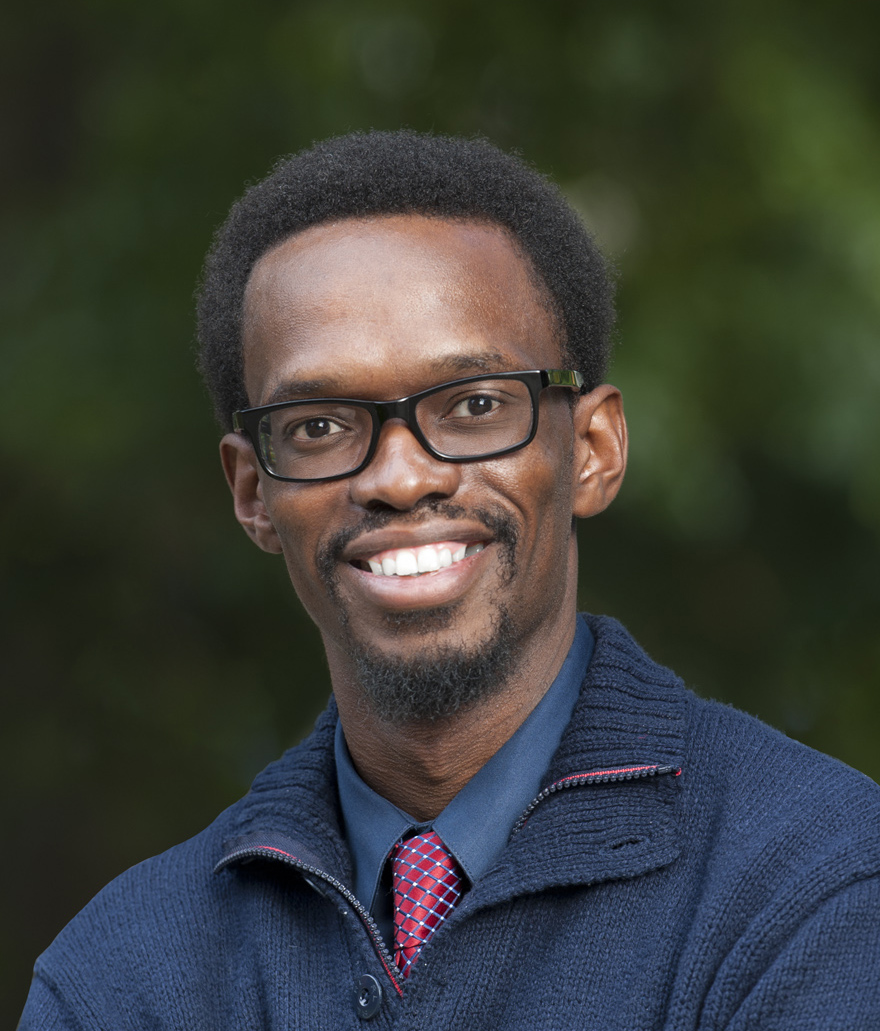Course Outline
Welcome to The Fairy Tale Mini.
The meeting times for this course will be Mondays from 7:40pm—8:40pm, August 5 —25 2024. All meetings will be held via zoom.
Study questions will be provided prior to each meeting. All reading material will be made available to you via this webpage. Here is a breakdown
of what our schedule will be:
Week
- Introduction. We will begin by opening a discussion on the history of studying fairy tales, who collected them and who told them. Our exploration
will begin with a look at Arabic, European, Russian and Indian tales, before we move to African and East Asian tales. We draw a delineation between
the fairy tale, legend and myth. During this session we will also review the key terminology used to study these tales. Prior to this meeting you
will receive the reading material and study questions.
Readings for Week 1
- Theories. This week we navigate a number theoretical approaches used to analyze tales. These include, socio—historical, structuralist, psychoanalytical,
anthropological and morphological approaches. Prior to this session, we would have read another series of tales. These will be made available to you
prior to this meeting.
- Closing. During this meeting we conclude the course. We will at least three different tales using the approaches covered during our last
meeting. We will also observe the challenges folklorists face when determining the origins of fairy tales. To understand this emphasis will be given
to three tales in particular with a focus on the modifications made as they were told orally in a different country.
|

